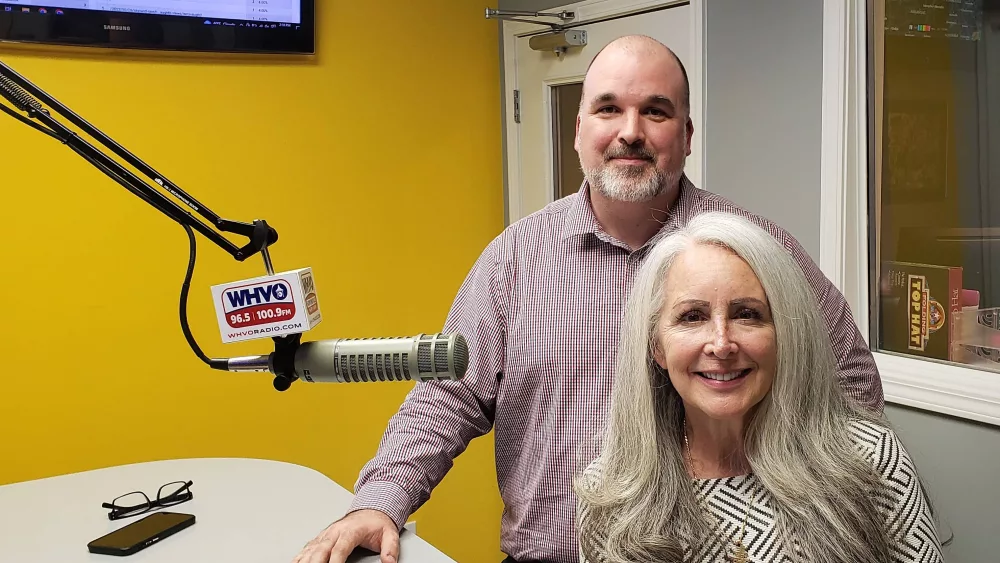
A hip catchphrase, talk about “congressional term limits” always heats up around primary and general election time. It simmers on the hot stove, and eventually falls off into obscurity — only to be resurrected at the next political dinner.
One long-time advocacy group, however, has believed for awhile it’s high time to “drain the swamp.”
Monday afternoon, officials with U.S. Term Limits made a pass through west Kentucky — discussing issues and concerns with the Christian County Republican Women’s Club before answering a host of questions with Your News Edge.
Aaron Dukette, central regional director for the organization, urges that term limits has been, and will continue to be, a non-partisan issue, because the founding fathers of America never intended for politicking to become career-oriented, lucrative and advantageous to one party over another.
Furthermore, Dukette assessed that lifetime politicians in Washington D.C. don’t have “the will” or “the motivation” necessary to affect important change, because there’s little push to leave.
Even now, a number of congressional stalwarts have 30-plus years under their belt, including Chuck Grassley of Iowa, Ed Markey of Massachusetts, Ron Wyden of Oregon, Chuck Schumer of New York, Hal Rogers of Kentucky, Chris Smith of New Jersey, Steny Hoyer of Maryland, Dick Durbin of Illinois, Marcy Kaptur of Ohio, Mitch McConnell of Kentucky and Ben Cardin of Maryland.
Dukette said their suggested amendment to the U.S. Constitution asks for one to serve no more than six years as a U.S. Representative and 12 years as a U.S. Senator — capping total service at 18 years. This, he added, would bring about fresh ideas and new energy to the congressional floor.
Term limits already exist at a number of levels, including Kentucky governor and U.S. President.
Instead of spending time calling up donor lists and hugging up to lobbyists, Dukette said one should put a career on hold to serve the public in this way — getting right to work for the American people, and not a personal pocket.
Currently, an amendment proposal co-sponsored by Ralph Norman of South Carolina and Ted Cruz of Texas is on the federal floor. Dukette said it has “unprecedented” bi-partisan support in verbal commitments and pledge support in committee.
Even voluntary term limits don’t work often or solve the problem. Dukette said that’s mainly because the country’s current legislative system often rewards extended seniority and quid pro quo, so there’s hesitation by some to adhere on promises that may leave parties in a disadvantageous state.
Christian County’s Rachel McCubbin, Kentucky’s state chair for this organization, said this initiative can also percolate up through state legislatures through Article 5, and that term limits would force all political parties to better prepare upcoming candidates.
So how it would work, through Article 5?
— Two-thirds of state legislatures, or 34 of 50, must pass resolutions to call for an amendment convention to consider congressional term limit literature.
— This convention then proposes said amendment for term limits.
— An amendment would then be sent to the states for ratification, and if three-fourths (or 38 of 50) vote in favor, then it becomes part of the U.S. Constitution.
McCubbin also noted these efforts just need to make it out of the state’s committee processes. And those interested in seeing term limits on a primary or general election ballot in the future can contact their local legislators, or visit termlimits.com.






